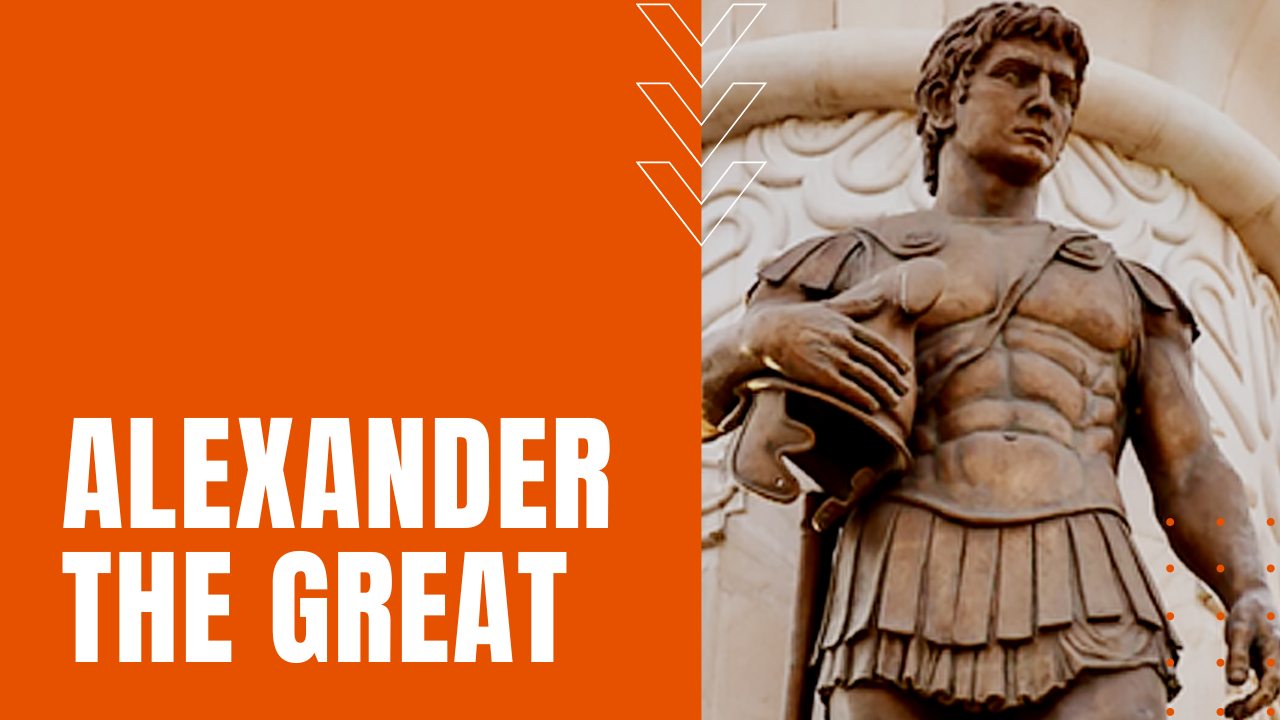Alexander the Great

Born into royalty in 356 BCE Macedonia—which was a kingdom in Greek antiquity—by the age of 12, Alexander the Great showed his mettle when he tamed an enormous stallion with a quite furious temper. Once tamed, Bucephalus would become Alexander’s battle companion for much of his life.
By the age of 13, Alexander’s kingly father hired the great philosopher Aristotle to educate his son, fostering Alexander’s passion for literature, science, medicine and philosophy, adding a Renaissance Man quality to what would become one of the greatest military minds of his day.
In 338 BCE, 16-year-old Alexander led a cavalry charge during the Battle of Chaeronea, against the Sacred Band of Thebes, who were supposedly an unbeatable, select army made up entirely of gay men, which ended in a stunning victory for the young warrior prince. Two years later, after his kingly father was assassinated by a bodyguard, Alexander claimed the Macedonian throne by age 20, killing his rivals before they could challenge his sovereignty, taking up his father’s sword in their shared quest for world domination.
Alexander the Great’s Empire
Over the next several years, Alexander and his Macedonian army fought their way across the Persian Empire, battling troops put forth by Persian King Darius the 3rd, who had amassed a substantial army in defense of Alexander’s aggression. After Alexander’s victory in the Battle of Issus in 333 BCE, Alexander continued his empire-building under the motto:
“There is nothing impossible to him who will try.”
Alexander the great
After storming his way across Egypt, including a full-scale slaughter-fest at Tyre, during the October 331 BCE battle at Gaugamela, King Darius was assassinated by his own troops for attempting to flee the battlefield, and while Alexander professed sadness over the death of his rival, Alexander soon proclaimed himself king of the Persians. Over the next three years, Alexander would survive many attempts to end his life, forcing Alexander to murder his close friend and general, Cleitus, during a drunken rage, which was a persistent behavioral problem that plagued Alexander through much of his life.
After falling in love with a Sogdian woman named Roxane, Alexander stormed India, where he suffered the loss of his beloved horse Bucephalus, followed by his own serious injury in a battle with the Malli. By 323 BCE, Alexander was head of one of the largest empires of his age, and after surviving an unrelenting succession of battles, Alexander the Great died of malaria or other natural causes at 32 years of age, sparking a bloody battle of infighting for control of an unraveling empire he fought so boldly to create.
